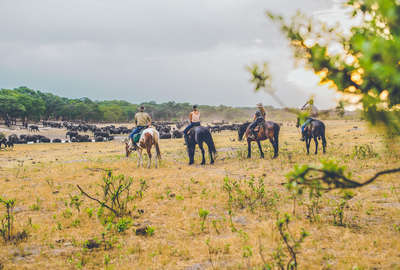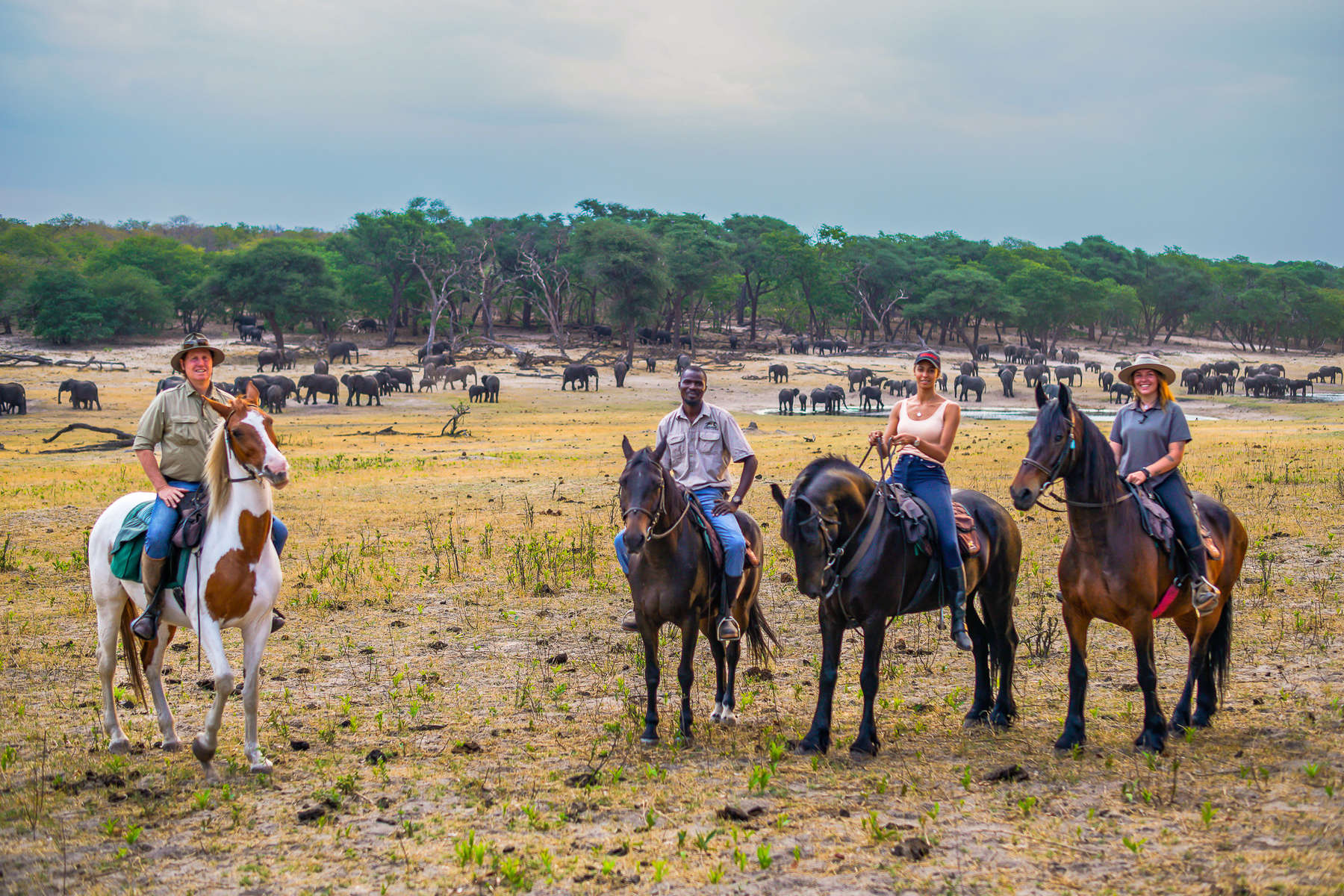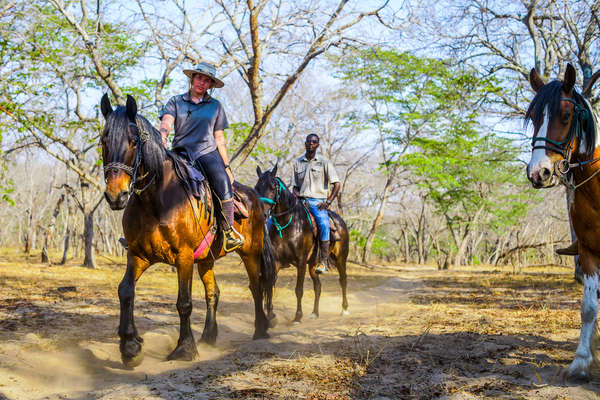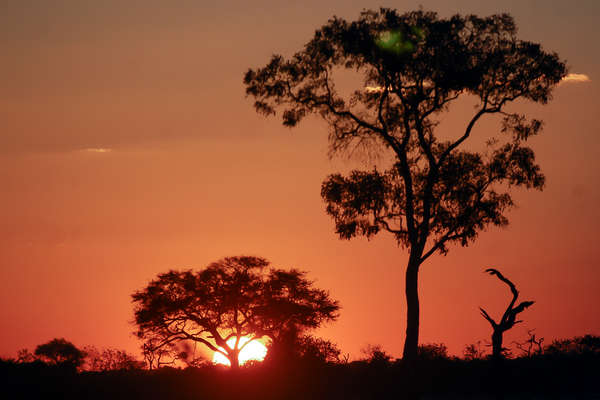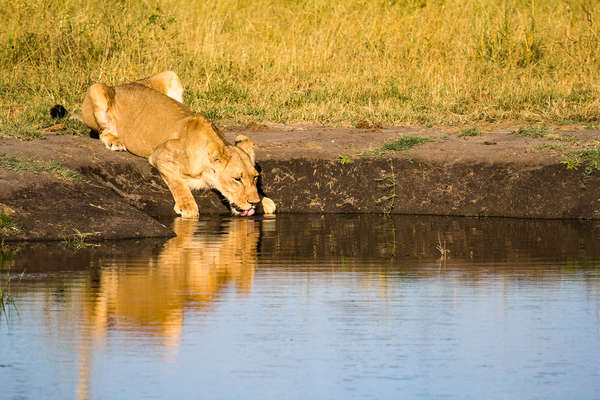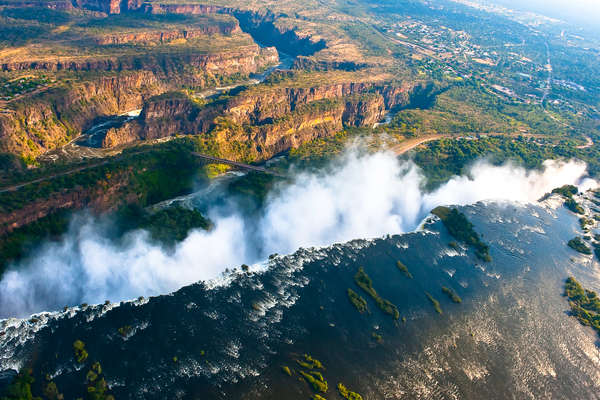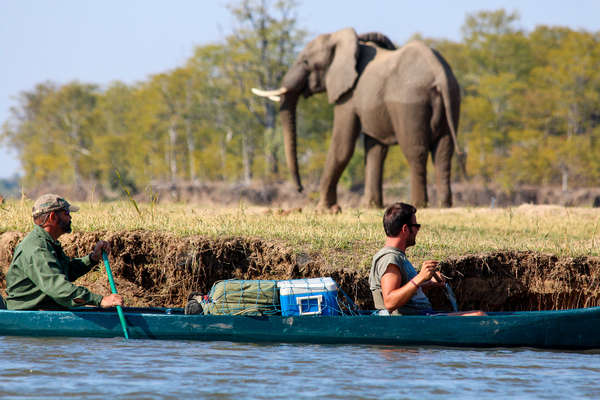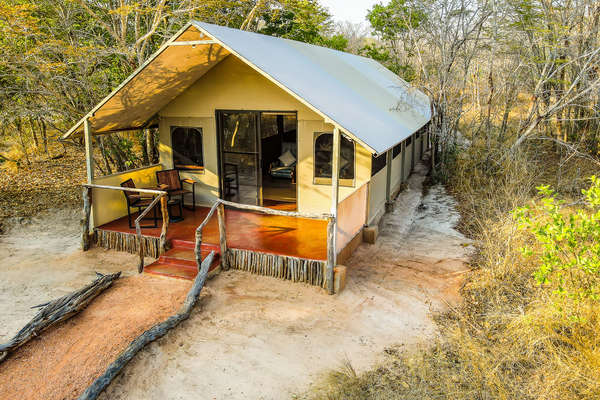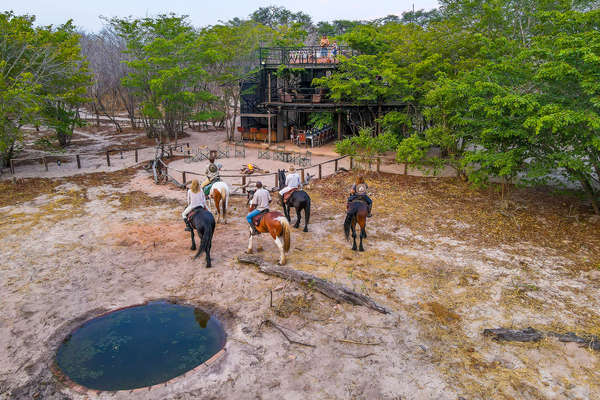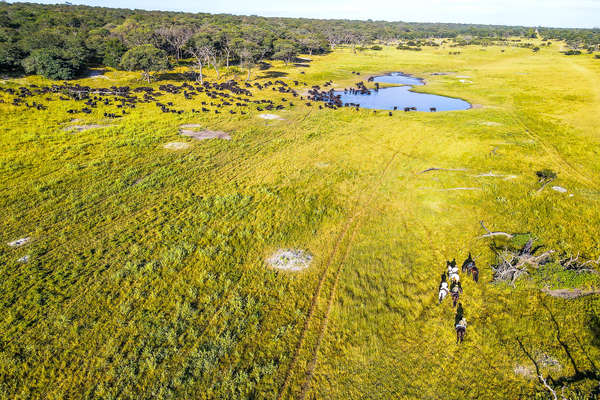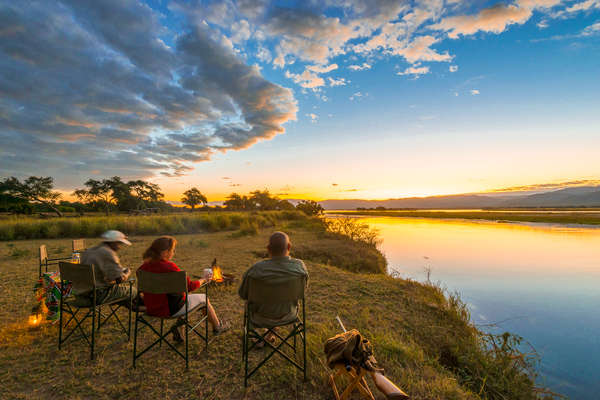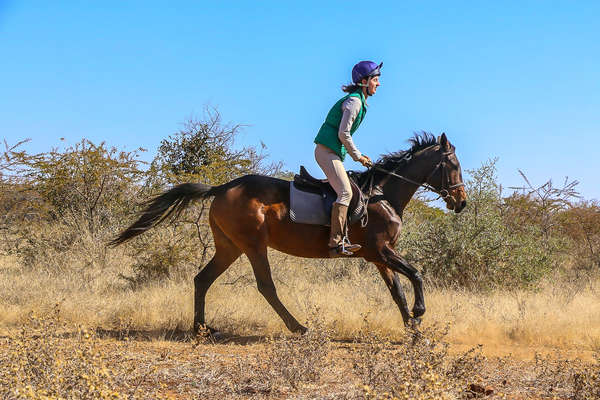Please refer to your home country's Foreign Office website for up-to-date information. This section predominantly refers to UK citizens, and advice can vary depending on your nationality. Although we endeavour to keep this section updated, requirements can change quickly, and your home country's Foreign Office website takes precedence.
You’ll need a visa to visit Zimbabwe. You can get a visa from the Zimbabwean Embassy in London or on arrival in Zimbabwe. Most tourists use the visa on arrival service; take enough cash with you in small notes to pay for your visa at the airport. You can also apply for a visa online before travel. Make sure you travel with the correct documentation otherwise you risk arrest and deportation.
Visitors are currently being given entry permission for anything up to 90 days but you should check that the number of days given at the port of entry covers your intended period of stay. You can apply to have this period renewed and extended if required. It’s illegal to give a false statement in support of a visa.
Your passport should be valid for a minimum period of six months and have three blank pages left in it to enable you to enter Zimbabwe and exit via one of the neighbouring countries, if leaving at short notice becomes necessary.
Important: The Zimbabwe Immigration Department has introduced a mandatory online immigration declaration form that all travellers must complete prior to arrival at any Zimbabwean border post, including Victoria Falls Airport. This is not a visa application. Travellers will still be required to pay for and obtain a visa in accordance with Zimbabwe’s visa policy.
Standard visa requirements based on nationality still apply – some nationalities may obtain a visa on arrival, while others may be required to apply in advance.
IMPORTANT INFORMATION RE: TRAVELLING WITH CHILDREN IF TRANSITIING VIA SOUTH AFRICA
Contact South African Immigration for what is required for other circumstances.
Addresses of consulates
Zimbabwe House, 429 Strand, Covent Garden, WC2R 0JR, London
Phone: +44-20-78367755
Visit your health professional at least 4 to 6 weeks before your trip to check whether you need any vaccinations or other preventive measures.
• Courses or boosters usually advised: Hepatitis A; Tetanus.
• Other vaccines to consider: Diphtheria; Hepatitis B; Rabies; Typhoid.
• Selectively advised vaccines - only for those individuals at highest risk: Cholera.
• Yellow fever vaccination certificate required for travellers over 9 months of age arriving from countries with risk of yellow fever transmission and for travellers having transited more than 12 hours through the airport of a country with risk of yellow fever transmission.
Malaria is present throughout the country. You should consider anti-malarial medication, especially if travelling through humid regions (Lake Kariba, Zambeze valley including Victoria Falls).
Schistosomiasis is another health risk in Zimbabwe. It is a parasitic infection (also known as bilharzia) that is transmitted to humans through contact with fresh water. The parasite enters humans through the skin and prevention is dependant on avoidance of swimming, bathing or paddling in fresh water lakes and streams. Avoid walking barefoot and do not drink tap water.
Following an outbreak first reported in October 2017, there are continuing reports of typhoid fever in a number of areas. You should follow the advice of the National Travel Health Network and Centre
It is a condition of your booking with Equus Journeys that you have travel insurance which covers you for the riding activities to be undertaken. Your travel insurance should cover you for medical expenses and repatriation. Your guides will require your travel insurance details before they allow you to ride and may refuse to let you ride if you cannot provide them. You should take your insurance documents with you.
In Zimbabwe the standard voltage is 220 V and the frequency is 50 Hz.
Zimbabwe’s economic situation remains unpredictable. Whilst the primary legal tender in Zimbabwe is the “Zimbabwe Dollar”, it currently possible for tourists to transact using the US Dollar at the official exchange rate. There are some bureaux de change which will accept and change foreign currency, particularly US dollars. The exchange rate is currently unpredictable.
Prices and transactions will mainly be in Zimbabwean (RTGS) dollars but US dollars may be accepted in some businesses. You should check before making a transaction whether the price quoted is in Zimbabwean (RTGS) or US dollars as the symbol for both is $. It is recommended to check exchange rates prior to any transaction. You should check in advance what payment methods a restaurant, hotel or tour operator will accept. Some businesses, including some medical providers, may not accept payment by credit or debit card.
Zimbabwe is currently experiencing a shortage of cash. Cash withdrawals can be made at some ATMs and bank branches with an international bank card but availability cannot always be guaranteed. . Credit and debit cards are increasingly being used for transactions. You should always ensure that you are being charged in the correct currency. There are also some challenges with international transfers from outside of Zimbabwe
It’s illegal to leave Zimbabwe with more than USD $2,000 (or equivalent) in cash, unless it is left over from funds which you have brought in yourself and declared on arrival. You should keep the proof of declaration to avoid problems with officials on exit. It’s illegal to exchange foreign currency anywhere other than at officially licensed dealers (eg banks or bureau de change). Carry small denomination notes as change is rarely available in smaller businesses.
